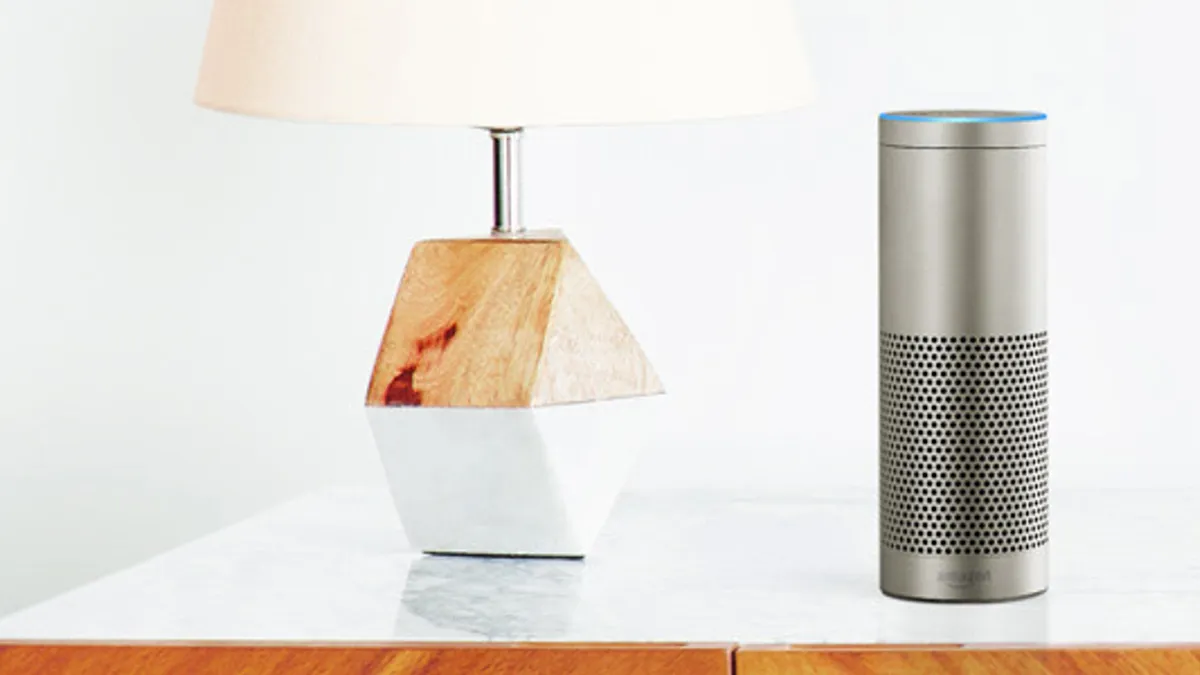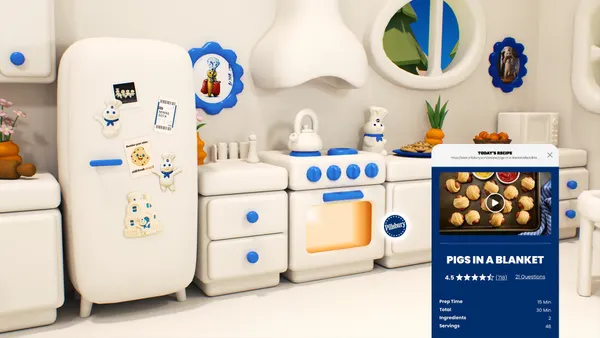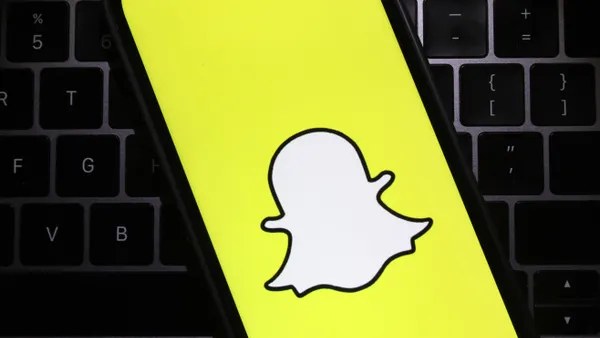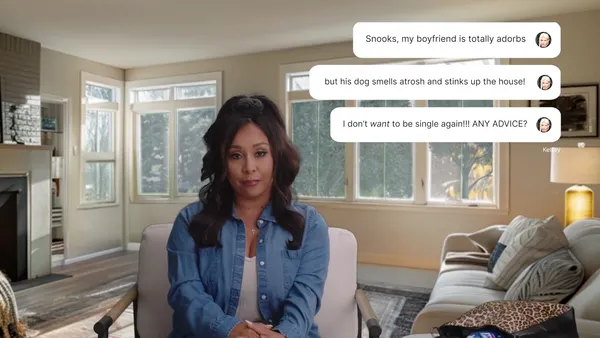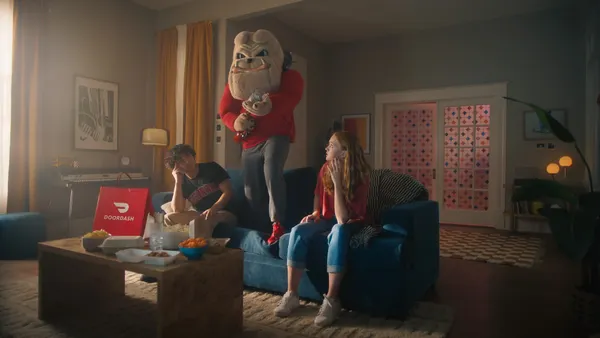Brief:
- National Public Radio (NPR) created a smart speaker version of comedy quiz show "Wait Wait Don't Tell Me" that lets people play at home with their voice, the organization told Mobile Marketer. Hosted by Peter Sagal and Bill Kurtis, the voice-powered game challenges players to answer fill-in-the-blank questions about the week's news.
- Amazon Alexa users can say, "Alexa, open Wait Wait Quiz," to start playing the game, while Google Assistant users need to say, "Hey Google, talk to the Wait Wait Quiz." People who interact every week get a chance to win the "Wait Wait" voice of their choice on their voicemail and to hear their name mentioned during the radio broadcast.
- NPR collaborated with VaynerSmart, the internet of things (IoT) division of digital agency VaynerMedia, to develop the voice-enabled quiz show that's updated every Wednesday and takes about five minutes to play alone or with friends.
Insight:
NPR has adopted its programming to the mobile era by gaining a massive audience for its podcasts, and its "Wait Wait" quiz is now adding more interactivity for users of two of the most popular voice platforms. NPR has 46 active podcasts and an audience of 19.1 million unique monthly listeners in the U.S., putting it ahead of iHeartRadio, PRX and Wondery, according to researcher Podtrac. The "Wait Wait" podcast is consistently ranked in the top 20 of on-demand shows, a list that includes "The Daily" from The New York Times and "Serial" from This American Life, suggesting that its new voice-powered quiz game could be popular among podcast fans.
NPR joins several other publications dabbling in interactive voice content. This week, The New York Times' T Brand Studio worked with Audi on a news briefing hosted by Michael Barbaro from newspaper's "The Daily" podcast. Listeners can activate the news briefing skill with the voice command, "Alexa, enable The New York Times Briefing." Audi's skill will answer questions about its line of electric vehicles. In addition, the newspaper also launched several voice-powered services including a pop quiz, travel column, music round-up and book recommendations.
Sony also created a voice-powered version of the TV game show "Jeopardy" for Alexa. Sony has wanted to monetize the skill with advertising for the past couple of years, but Amazon so far hasn't allowed ad sales on its Alexa platform. The e-commerce giant may change its policy as it builds a digital advertising business and consumers become more comfortable with the idea that smart speaker content requires sponsorship to be free. Amazon last year opened premium content sales on Alexa to all developers that gives them a chance to make money. NPR could, in theory, eventually use its new voice content to ask smart speaker owners for donations to the organization.


